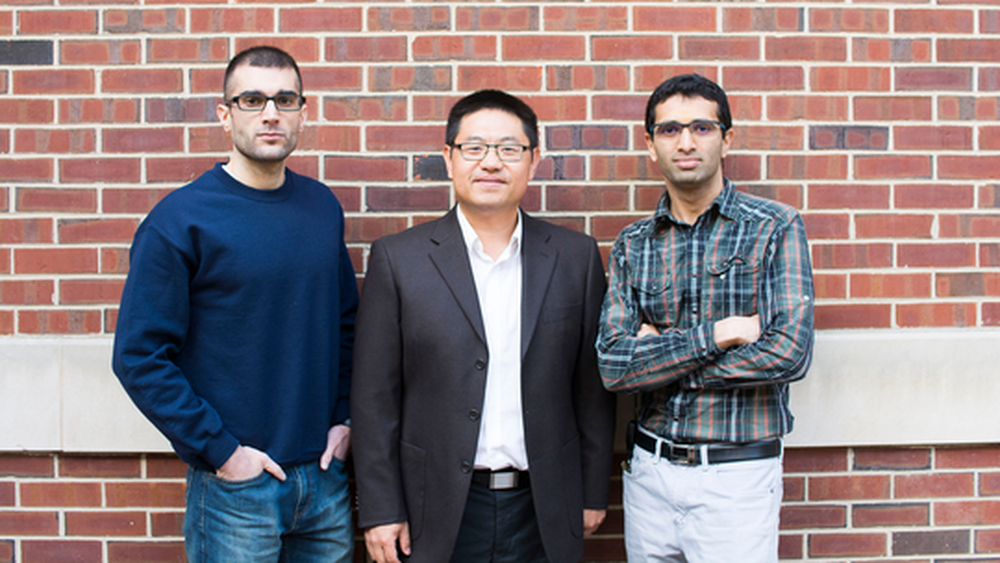
The Zhang lab recently published a paper in Cell Chemical Biology titled "Optogenetic delineation of receptor tyrosine kinase subcircuits in PC12 cell differentiation."
Neuronal development involves an assortment of growth factors and signal receptors that are activated during different stages. In some cases, a single growth factor can interact with multiple receptors resulting in distinct outcomes such as neuron growth, differentiation, or even death. These complexities make it difficult to study the contributions of growth factors and their corresponding receptors.
The Zhang lab is interested in nerve growth factor, or NGF, which controls neuronal survival and differentiation. NGF binds to two receptors: TrkA and p75NTR. TrkA is considered a high-affinity receptor, while p75NTR is a low-affinity receptor. These two receptors work co-operatively and independently. Additionally, p75NTR binds pro-NGF, a precursor to NGF. This interaction leads to cell death.
How does one delineate the individual functions of TrkA and p75NTR? Using a signaling molecule, or a ligand, would be unhelpful because it would bind to both receptors. Another approach would be to delete one of the receptors and study the downstream effects. This approach is also unhelpful because it creates an on/off situation which is rarely seen in cells.